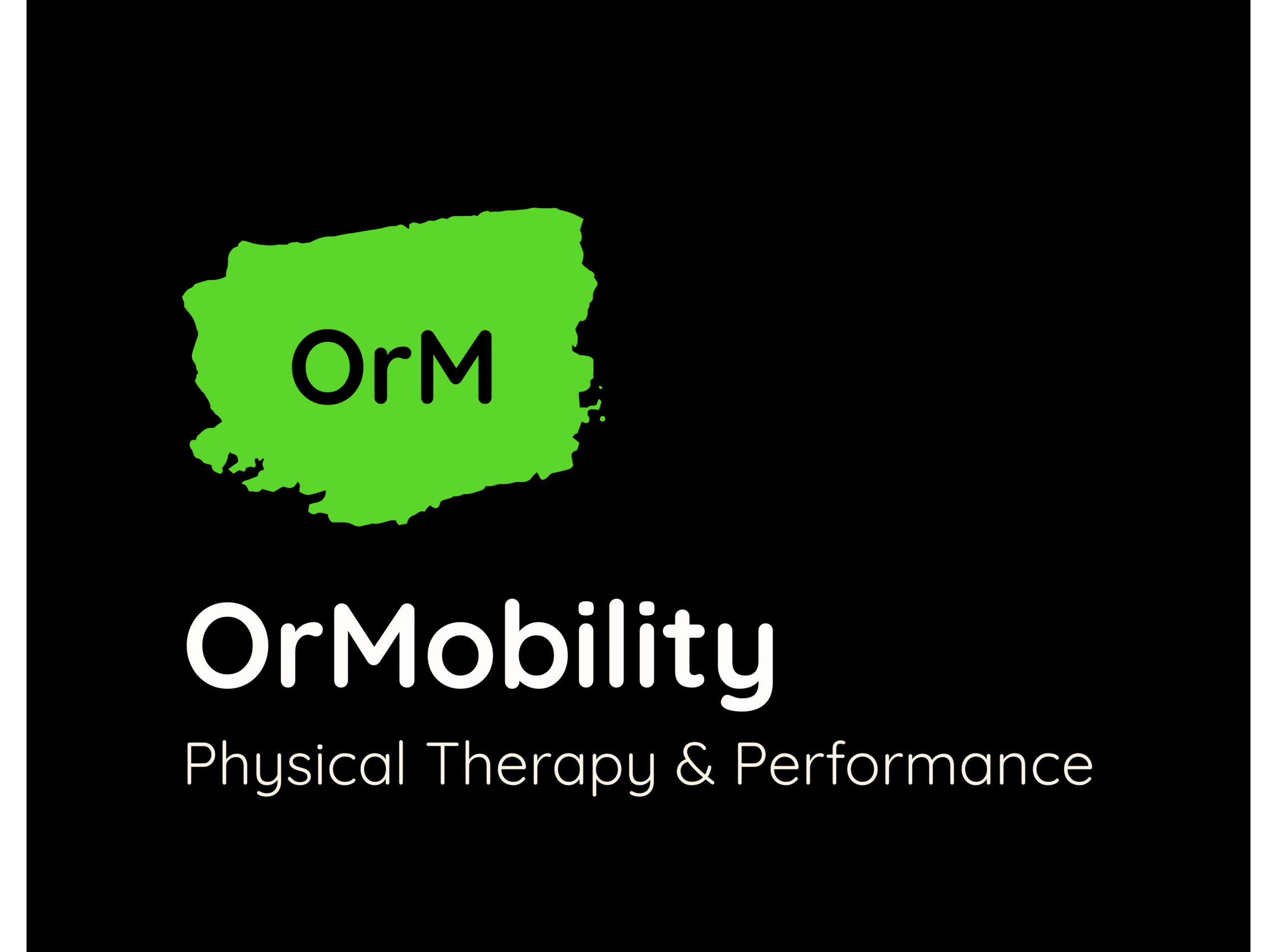Introduction
Wellness is a holistic approach to health that encompasses physical, mental, and emotional well-being. Embracing wellness can lead to a higher quality of life, reduced risk of chronic diseases, and improved mental health. According to the World Health Organization, wellness is a dynamic process of change and growth that involves a balanced lifestyle and proactive health choices.
Nutrition for Optimal Health
Balanced Diet Essentials
A balanced diet is fundamental to wellness. It should include a variety of fruits, vegetables, whole grains, lean proteins, and healthy fats. According to the Dietary Guidelines for Americans, a nutritious diet can help prevent chronic diseases and promote overall health.
- Fruits and Vegetables: Aim for at least five servings per day.
- Whole Grains: Include whole grains like oats, brown rice, and quinoa.
- Lean Proteins: Opt for sources like chicken, fish, beans, and legumes.
- Healthy Fats: Incorporate avocados, nuts, seeds, and olive oil.
Hydration and Its Importance
Staying hydrated is crucial for bodily functions, including digestion, circulation, and temperature regulation. The National Academies of Sciences, Engineering, and Medicine recommend an average daily water intake of about 3.7 liters for men and 2.7 liters for women.
Superfoods to Incorporate Into Your Diet
Superfoods are nutrient-dense and beneficial for health. Examples include:
- Blueberries: Rich in antioxidants and vitamins.
- Salmon: High in omega-3 fatty acids.
- Spinach: Packed with vitamins and minerals.
Physical Activity and Exercise
Benefits of Regular Exercise
Regular physical activity is essential for maintaining a healthy weight, improving cardiovascular health, and boosting mood. The Centers for Disease Control and Prevention (CDC) recommend at least 150 minutes of moderate-intensity aerobic activity per week.
Types of Exercise for Different Needs
- Aerobic Exercise: Activities like walking, running, and swimming.
- Strength Training: Using weights or resistance bands.
- Flexibility Exercises: Stretching and yoga.
Tips for Staying Active
- Set Realistic Goals: Start with achievable targets.
- Find Enjoyable Activities: Choose activities you enjoy to stay motivated.
- Incorporate Exercise Into Daily Routine: Take the stairs, walk during breaks.
Quality Sleep for Better Health

Importance of Sleep
Sleep is vital for physical and mental restoration. Poor sleep can lead to various health issues, including obesity, diabetes, and cardiovascular disease. The National Sleep Foundation recommends 7-9 hours of sleep per night for adults.
Tips for Improving Sleep Quality
- Establish a Routine: Go to bed and wake up at the same time daily.
- Create a Sleep-Friendly Environment: Keep your bedroom cool, dark, and quiet.
- Limit Screen Time: Avoid screens at least an hour before bed.
Impact of Sleep on Overall Wellness
Adequate sleep improves cognitive function, emotional regulation, and physical health. Research shows that good sleep hygiene can enhance overall quality of life.
Stress Management Techniques
Effects of Stress on Health
Chronic stress can negatively impact physical and mental health, leading to conditions such as anxiety, depression, and hypertension. According to the American Psychological Association, managing stress is crucial for maintaining overall health.
Stress-Reduction Strategies
- Exercise: Physical activity can help reduce stress levels.
- Relaxation Techniques: Practices like deep breathing, meditation, and progressive muscle relaxation.
- Time Management: Prioritize tasks and delegate when possible.
Mindfulness and Relaxation Techniques
Mindfulness involves being present in the moment and can reduce stress and improve mental well-being. Techniques include mindful breathing, meditation, and yoga. Studies have shown that mindfulness practices can significantly lower stress levels and improve quality of life.
Mental and Emotional Well-being
Importance of Mental Health
Mental health is as important as physical health. It involves emotional, psychological, and social well-being. Good mental health helps you cope with stress, work productively, and make meaningful contributions to your community.
Tips for Emotional Self-Care
- Stay Connected: Maintain relationships with friends and family.
- Practice Gratitude: Keep a gratitude journal.
- Engage in Hobbies: Spend time doing activities you enjoy.
Seeking Professional Help When Needed
If you struggle with mental health issues, seek professional help. Therapists, counselors, and support groups can provide assistance and support. According to the National Institute of Mental Health, seeking help is a sign of strength, not weakness.
Conclusion
Embracing wellness involves a comprehensive approach to health that includes nutrition, physical activity, sleep, stress management, and mental well-being. By following these wellness tips, you can improve your overall health and quality of life. Start your wellness journey today and take proactive steps towards a healthier, happier you.


